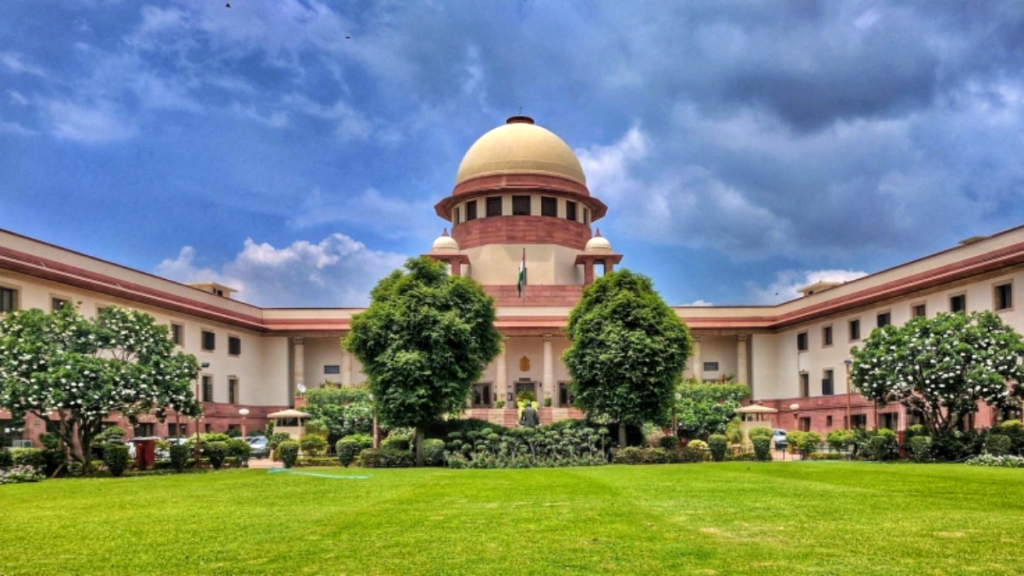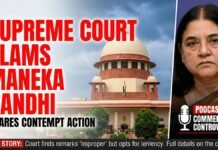
New Delhi: In a significant decision redefining the state’s power over private property acquisition for public purposes, the Supreme Court has ruled that state governments cannot indiscriminately acquire all private properties, affirming instead that only select properties may be taken for public good. This landmark judgment, delivered by a Constitution Bench of nine judges led by Chief Justice of India (CJI) DY Chandrachud, overturns the Supreme Court’s 1978 ruling, which broadly allowed states to classify private property as community resources.
The decision centers on the interpretation of Article 39(B) of the Indian Constitution, which grants the state the power to acquire and redistribute resources to serve the greater public interest. The court clarified that while the state holds certain rights to private properties for redistributive purposes, these rights are not unlimited.
Key Observations by the Court
Chief Justice Chandrachud highlighted that the retained portion of Article 31(C), established in the Kesavananda Bharati case, would continue to be valid. Article 31(C), which was partially repealed by the 42nd Amendment, remains crucial in balancing individual property rights with state interests.
Further, the court emphasized that Article 39(B) does not extend to every private asset merely because it could meet a material need. According to the CJI, resources that serve broader public purposes, such as infrastructure or essential services, may qualify as communal resources, but general private property cannot be acquired solely under this clause.
Context: Revisiting 1978’s Expansive Socialist Interpretation
The nine-judge bench’s ruling effectively challenges the approach taken in Justice Krishna Iyer’s 1978 judgment, which broadly categorized private property as community property based on socialist ideals. The current bench held that such an interpretation no longer aligns with India’s economic direction, which has evolved toward a balanced model, respecting both individual property rights and public welfare needs.

CJI Chandrachud emphasized that this revision provides clearer boundaries for property rights, ensuring that private assets owned by individuals are not unilaterally deemed public resources. The ruling underscores that only properties that genuinely fulfill community-wide needs or meet material resource criteria outlined in Article 39(B) should be considered for state acquisition.














































